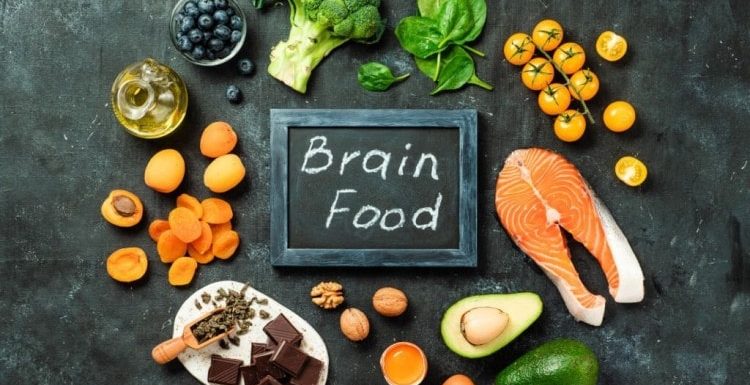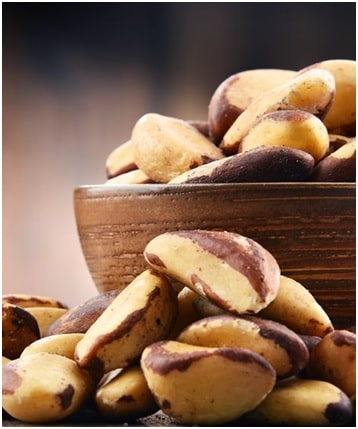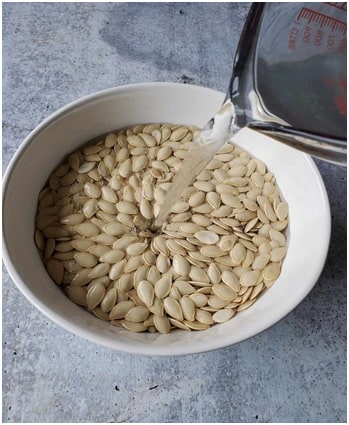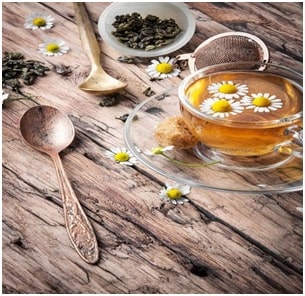
Anxiety is a common condition, with millions of people worldwide suffering from it. Symptoms vary, and some people only have them on occasion. However, individuals who show symptoms for extended periods may have a generalized anxiety disorder or anxiety distress, which is symptomatic of other mental disorders.
Doctors frequently use a combination of treatments to treat anxiety, including talking therapies such as cognitive-behavioral therapy (CBT) as well as medications. These conventional treatments do not always work in the long run. Some research, however, suggests that proper nutrition can help improve symptoms.
Following the right diet and making healthy lifestyle changes can help combat anxiety. For instance, a diet rich in vegetables, fruits, legumes, whole grains, and lean protein can be beneficial in managing anxiety symptoms.
In this article, we will discuss eight scientifically proven foods and beverages that can help maintain our mental wellbeing.
Eat Your Way to Calm
Anxiety’s best friends are paranoia and overthinking. They can fill the mind with negative thoughts, what-ifs, and various daily life issues. Seeing other people being able to buy the newest gadgets or residing in their dream home can paint a negative self-image or promote fear.
These foods can help you eat your way to a calm, relaxed, and positive mental state.
- Brazil nuts. Selenium is abundant in Brazil nuts. Selenium has the potential to improve a person’s mood by lowering inflammation, which often occurs in people who have a mood disorder, such as anxiety. Selenium is also an antioxidant, which helps prevent cell damage. It is also anti-carcinogenic or anti-cancer.

- Salmon may help reduce anxiety, as it contains brain-healthy nutrients such as vitamin D and the omega-3 fatty acids eicosapentaenoic acid (EPA) and docosahexaenoic acid (DHA). These nutrients may aid in the regulation of the neurotransmitters dopamine and serotonin, which have calming and relaxing properties.

A diet high in EPA and DHA can lower levels of anxiety. These fatty acids help reduce inflammation and prevent brain cell dysfunction, which is common in anxious people.
- Many studies assert that people who suffer from anxiety and depression have a higher incidence of folate deficiency. Asparagus is one vegetable that has a high concentration of this mood-boosting nutrient. One cup contains two-thirds of your daily folate requirement.

- Egg yolks are a good source of vitamin D as well. Eggs contain complete protein, which means it contains all the essential amino acids the body needs to facilitate growth and development.

Eggs also contain tryptophan, which is valuable in the production of serotonin—a chemical neurotransmitter that aids in mood, sleep, memory, and behavior regulation. Serotonin may also improve brain function and alleviate anxiety.
- Pumpkin seeds. Pumpkin seeds are an excellent source of potassium, which aids in the regulation of electrolyte balance and the management of blood pressure.

Eating potassium-rich foods like pumpkin seeds or bananas may help reduce stress and anxiety symptoms. Pumpkin seeds are also high in zinc, which enables people to manage mood swings.
- Dark chocolate. Experts suspect dark chocolate is an antidote to stress and anxiety. Besides relieving stress, dark chocolate or cocoa may improve mood. Many studies focus on these observations.

Although it is unclear how dark chocolate reduces stress, it is high in polyphenols, particularly flavonoids. It is possible that flavonoids may reduce neuroinflammation and cell death in the brain while also improving blood flow.
- Turmeric is a spice that’s common in Indian and Southeast Asian cuisines. Curcumin is the active ingredient in turmeric. Curcumin may help reduce anxiety by reducing inflammation and oxidative stress, both of which are common in people suffering from mood disorders such as anxiety and depression. Curcumin can reduce anxiety in obese adults, according to some studies.

A study has discovered that increasing curcumin in the diet increased DHA and decreased anxiety. Turmeric is simple to incorporate into meals. Because it has a mild flavor, it works well in curries and casserole dishes.
- Chamomile tea is popular as a herbal remedy due to its anti-inflammatory, antibacterial, antioxidant, and relaxant properties. Some people believe that the flavonoids in chamomile serve as a relaxant and provide anti-anxiety properties, making it beneficial in treating anxiety safely involving high doses.

According to a study, chamomile does help with anxiety symptoms, although preventing relapse or new bouts of anxiety is not certain.
Beat Anxiety with the Right Foods
Anxiety is a mental health disorder that necessitates a variety of approaches for you to effectively manage it. In addition to medication and therapy, the foods you eat can help support your mental health, decrease anxiety symptoms, and promote better brain health.
Reducing foods high in added sugar, salt, and fats, particularly trans fats, may help reduce inflammation. Reduce your intake of alcohol, sugar, and coffee, as these may exacerbate anxiety attacks and the symptoms that accompany them.
These practical tips can reduce stress and anxiety. However, using food as a first-line treatment for anxiety may not be enough, so check with your healthcare provider about the medications or therapies that can further help you beat away your stress and anxiety.
